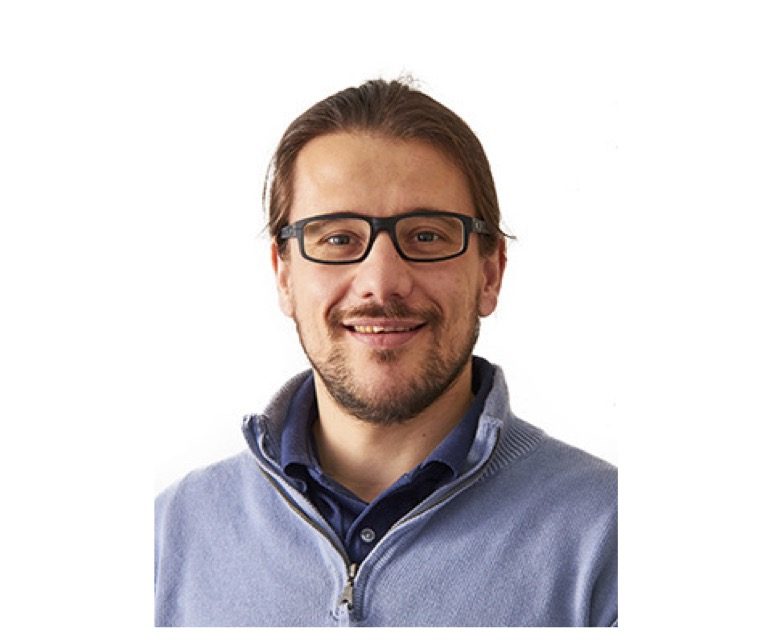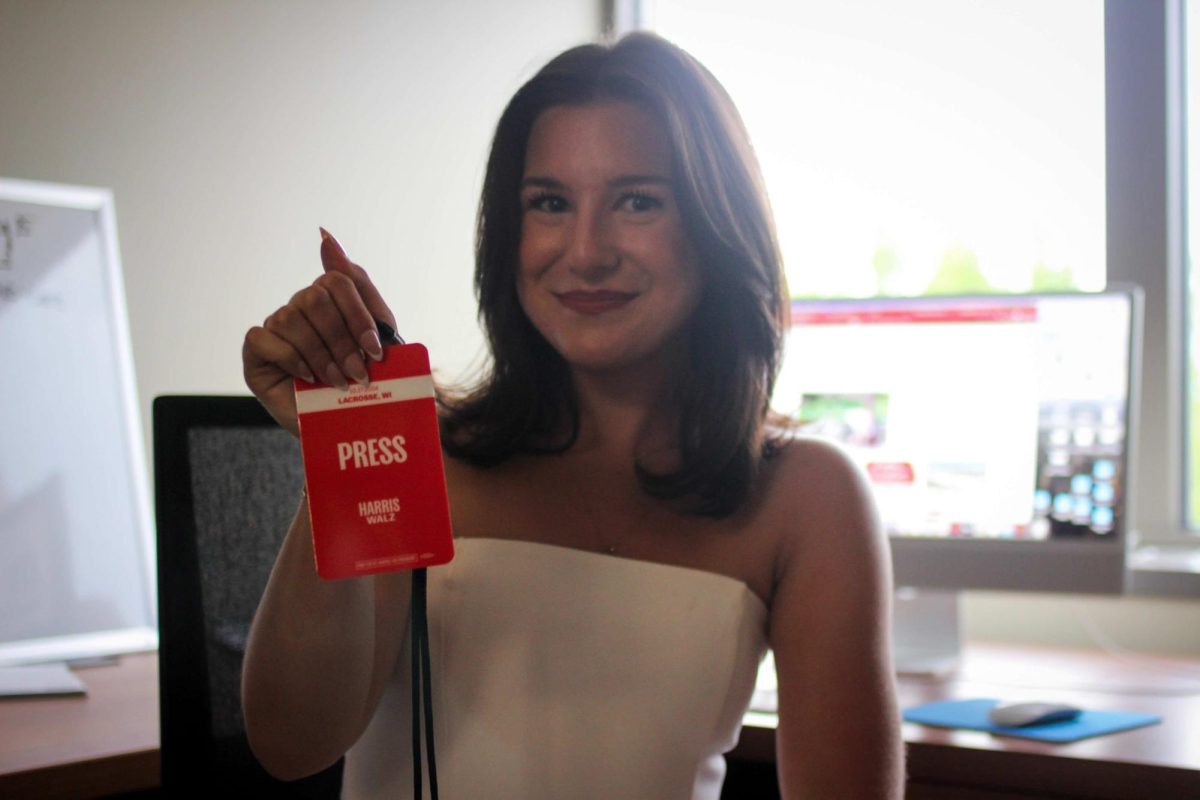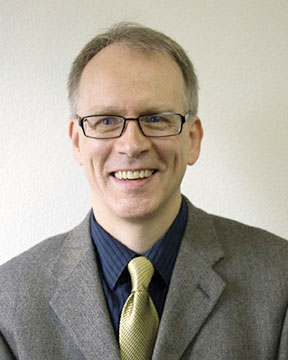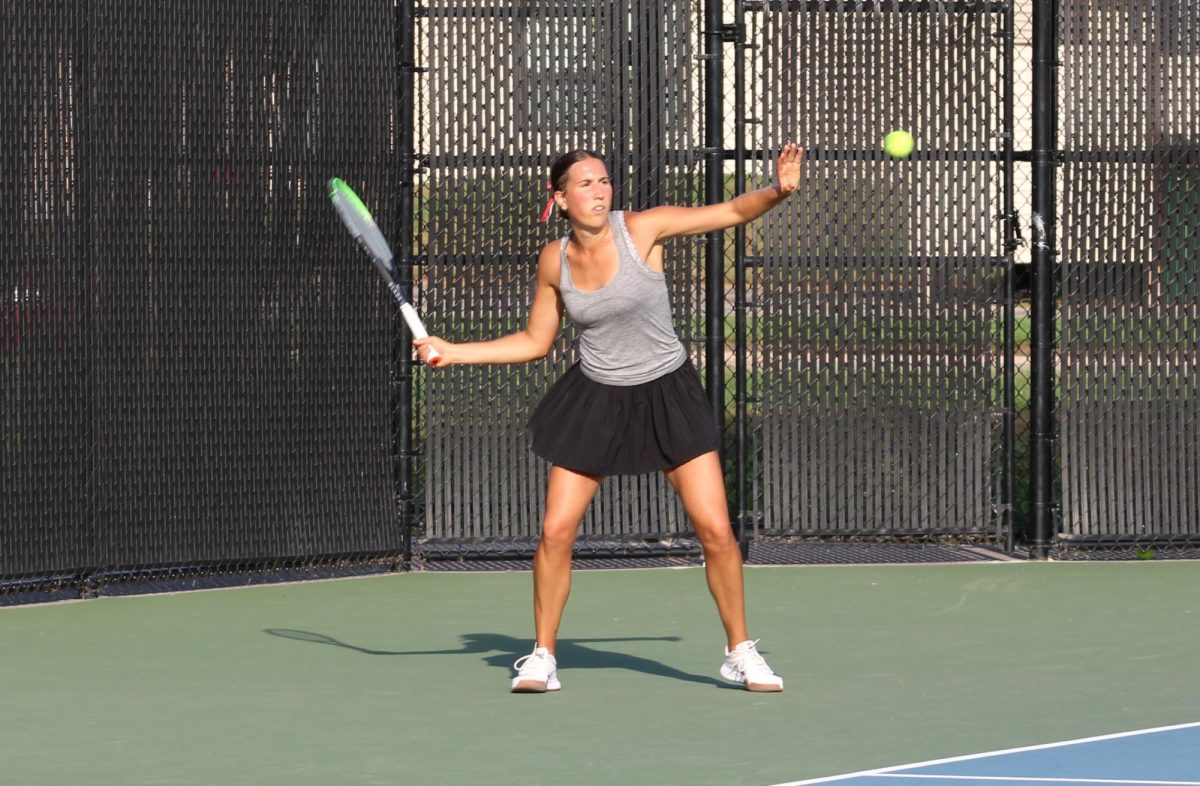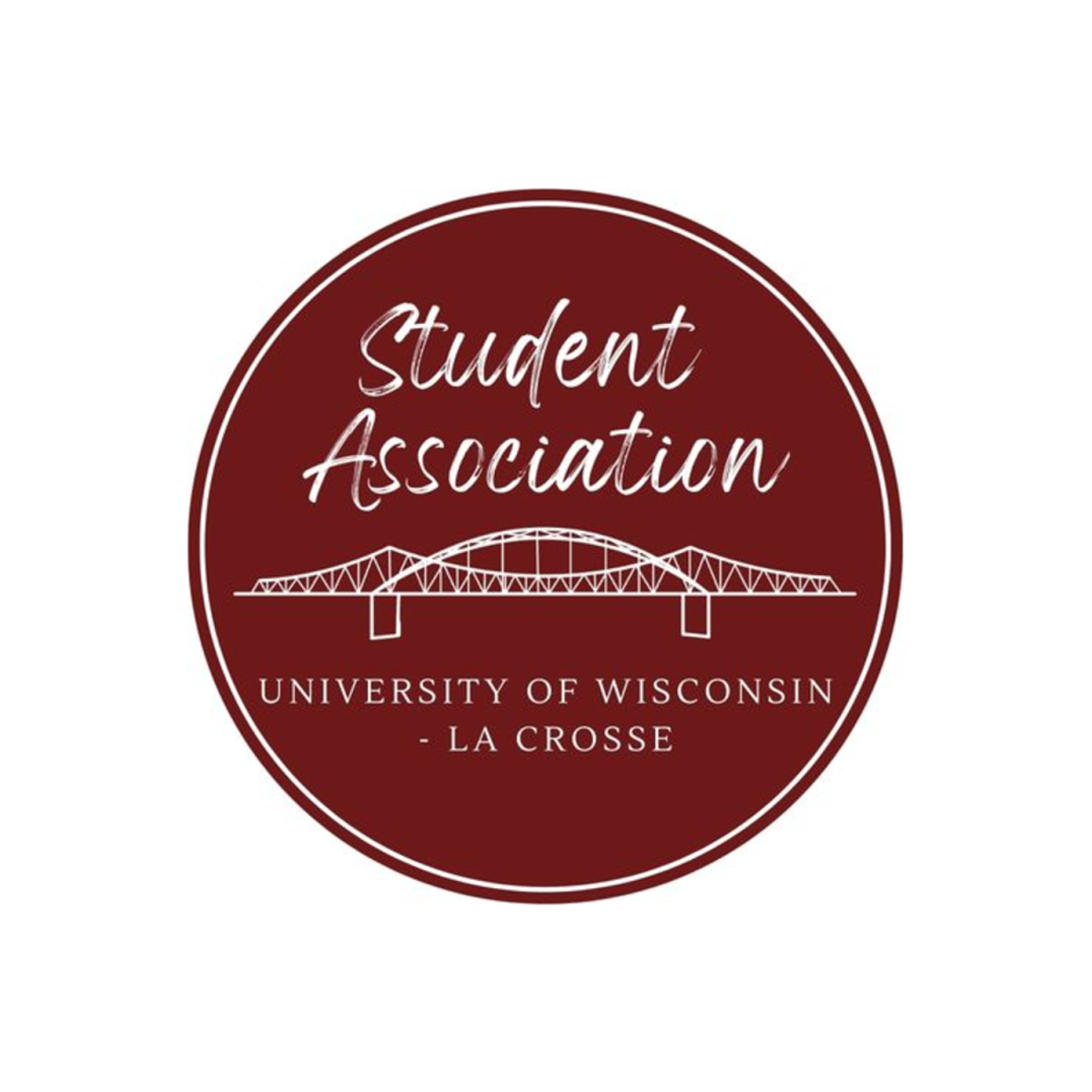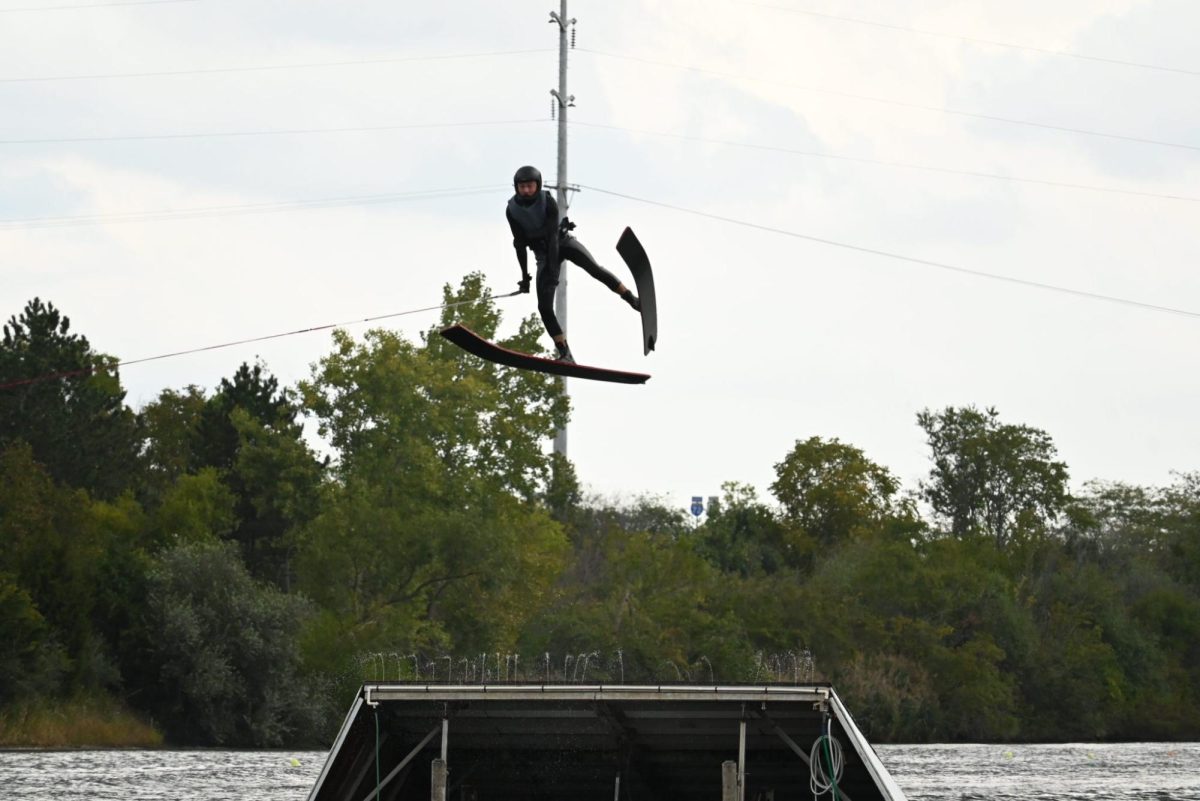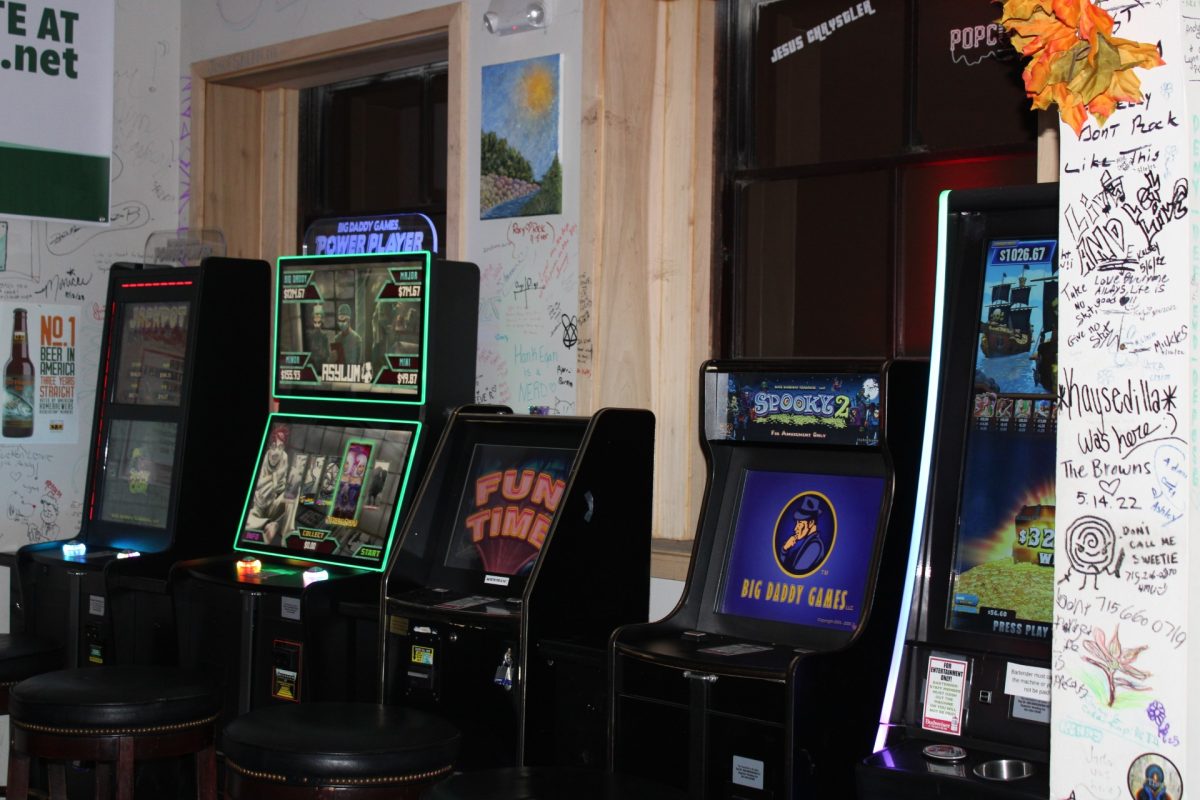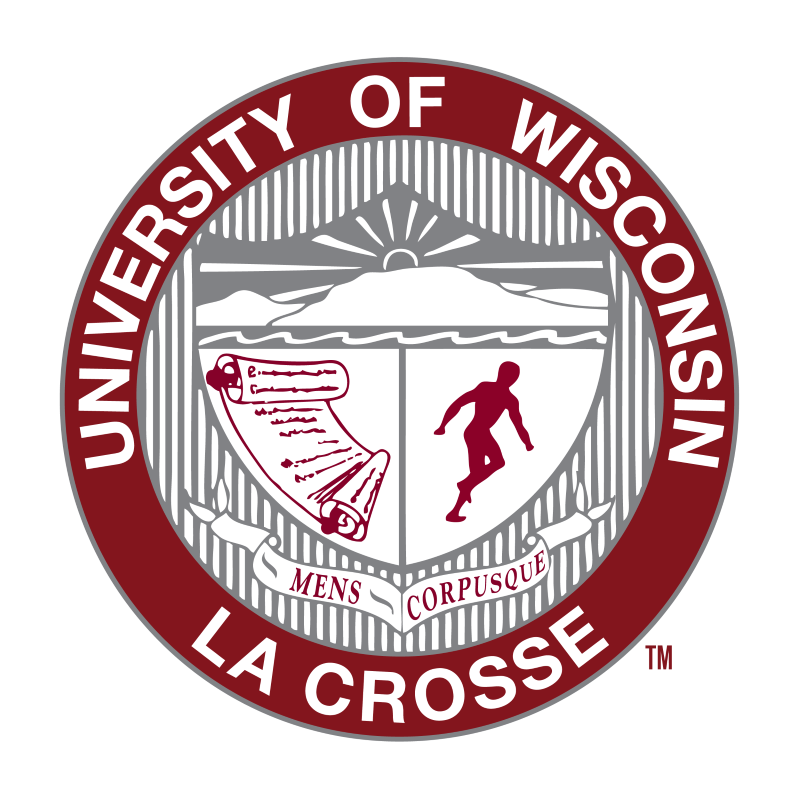Alessandro Quartiroli has been a psychology professor at the University of Wisconsin-La Crosse since 2013. Along with over a decade of teaching experience, Quartiroli has an impressive resume. He is a registered practitioner and supervisor. He also holds a seat on the managing council for the International Society of Sport Psychology (ISSP).
Quartiroli has been a certified mental performance consultant (CMPC) since 2006 and as of 2019 holds an executive board member position for the Association for Applied Sport Psychology (AASP). Quartiroli’s work spreads across the world as he is deemed a nationally certified counselor and is affiliated with the British Psychological Society, the Australian Psychological Society and the European Federation of Sport Psychology.
As of this year, he is taking on a new role at UWL as a CMPC. While this work is not new to Quartiroli, it is new to UWL’s athletic department.
CMPCs work closely with athletes and coaches to discover new ways for athletes to improve their performance. Their job is to use a blend of sports psychology and coaching to help athletes over mental hurdles that may be affecting their gameplay.
Quartiroli and his mental performance team are a resource completely different from UWL’s Counseling and Testing Center (CTC). CMPCs are for athlete use only and deal with the psychological aspect of the game rather than overall mental health.
Quartiroli’s new mental performance team is comprised of Phil Whitesitt Director of Sports Performance and Robert Lynch CTC Administrative Assistant. Whitesitt and Lynch are seeking to earn their mental performance consultant certification. Both have finished their graduate programs and are working to get hours under Quartiroli so they can reach their CMPC goal. The establishment of this new program would not exist without Quartiroli present to supervise their work.
“There is clearly a strong interest both from the program’s perspective and the student athlete’s perspective,” Quartiroli said.
In his first month, Quartiroli has focused on getting to know the athletes. In a job that relies on relationships, both he and the athletic department are doing everything they can to let athletes know about this new resource, emphasizing the department’s proactive stance on student-athletes’ mental performance.
“It’s not supposed to be viewed as a coping thing but rather as another element of the athlete’s excellence in what they do that we can contribute to,” Quartiroli said.
Whitesitt and UWL Athletic Trainer, Alexis Schaefer are both members of the UWL athletic department staff. Before Quartiroli’s hire, teams and individuals relied on their psychology backgrounds to help with mental obstacles When they didn’t have the time, outside help was hired.
“It was already going on, it [CMPC position] was decentralized, and it was unclear who was doing what… now it has more structure, more quality and more consistency,” Quartiroli said.
Although Whitesitt and Schaefer have some experience in this area, it isn’t their main specialty, and neither has designated time for supporting student-athletes. With this new position, the time athletes need to work on the psychological aspect of sports is protected.
The Racquet Press met with Athletic Director Kim Blum to discuss why the athletic department sought out a CMPC and a mental performance team.
“We know that a few of our department members dabble in this area… they’re trying to fill the need but can’t because they have full-time jobs,” Blum said.
There are a few ways the mental performance team engages in their work. Coaches may invite them to speak at a single practice or a series of practices and can seek consultations to learn how to improve mental strategies while competing. If coaches choose not to use the CMPC resource, athletes can schedule one-on-one meetings with the team.
The Mental Performance Team is currently creating a website where athletes will be able to schedule appointments. For now, any athletes looking to meet with Quartiroli can email him at [email protected] or [email protected].

